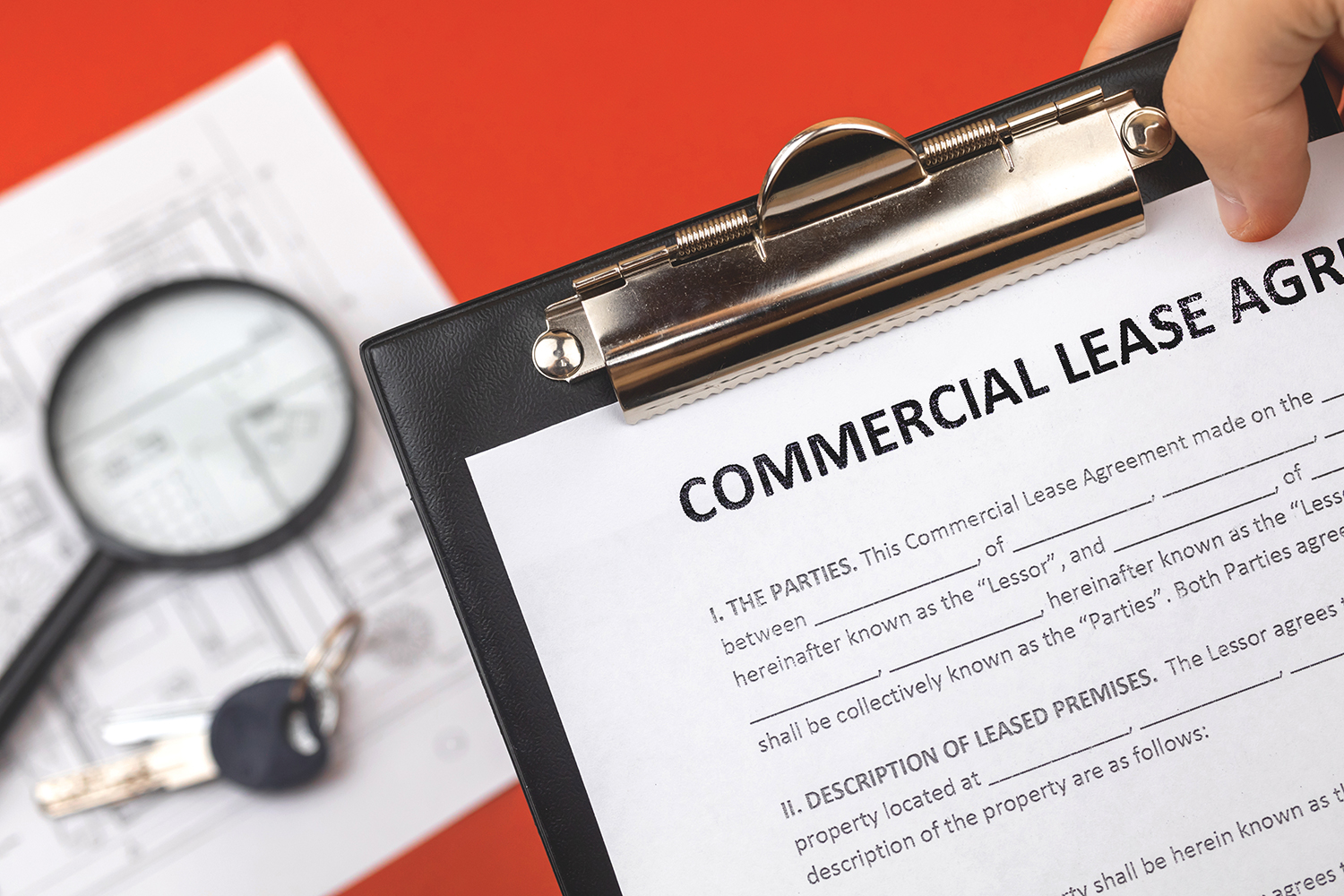Understanding your legal rights and responsibilities for commercial roof maintenance
Arming yourself with this knowledge is the key to preventing surprise expenses. Knowing in advance what you are legally responsible for regarding commercial roof maintenance and repairs will keep you informed and prepared for any situation.
While we don’t provide legal advice for our clients, we have seen almost every imaginable scenario and wanted to share some of the more common questions we get.
Insights From a Legal Expert
We recently spoke with Blake Nelson, an attorney and partner at the Hellmuth & Johnson law firm, to get answers to some commonly asked questions from building tenants. Blake’s practice is focused on Business Law, Construction Law, and Real Estate Law, among other areas.
Here are his responses to a few concerns we hear quite often:
Q: The roof is leaking on my commercial building. Am I responsible for repairs?
A: If you are the property owner, it will depend on the leak’s cause and the roof’s age.
If you are a tenant, it will depend on the terms of your lease and who is responsible for repairing the roof.
Sometimes leaks are caused by faulty workmanship, in which case the contractor who installed the roof should be responsible for fixing it, provided the roof is still under warranty. Leaks can also be caused by failure to maintain the roof, weather, and other factors. For example, if heavy winds damaged the roof and caused the leak, the original contractor would not be responsible (but your insurer might be).
Q: Our non-profit is expanding and will be executing a lease on a new building. We’re worried about unexpected expenses coming from roof leaks, but the landlord says they’ve never had a problem. Before we sign, what can we do to protect ourselves from surprise expenses from roof issues?
A: Unless the landlord can provide proof of a recent roof inspection, your best option is to pay for your own roof inspection before signing the lease. While you would absorb this cost, it would be money well spent if any significant problems are discovered.
Q: The roof of our newly leased commercial building leaked after the first rainstorm. It’s evident that the roof was leaking before we took occupancy. Still, the property management company refuses to pay to repair it, citing language in the lease agreement that makes us responsible for roof maintenance and repairs. Is this really our problem?
A: If you can prove the landlord (and/or property manager as the landlord’s agent) knew the roof leaked and hid that from you, then regardless of who is responsible for roof maintenance, you should have a claim for misrepresentation and potentially even to void the lease. You would also have a claim that the leaking is a pre-existing condition and is, therefore, the landlord’s responsibility.
Coming up next . . .
Stay tuned for our next blog in this series. We will delve into the most common types of commercial building leases, providing you with a comprehensive understanding of your specific roof repair and maintenance responsibilities. This information will be invaluable for you as a business owner or tenant.
If you would like to meet with Blake to discuss your specific legal questions on this or any related legal matter, please get in touch with him at 952-746-2131 or by email at BNelson@hjlawfirm.com.
In the meantime . . .
If you already know that you are responsible for maintaining and repairing your commercial roof, the best advice we can give you is to consider the TopSite Preventative Maintenance Program from Mint Roofing. This program allows you to budget for your commercial roof maintenance and eliminate surprise repair expenses.
Call (952) 473-8080 or message us to find out just how affordable peace of mind can be!



